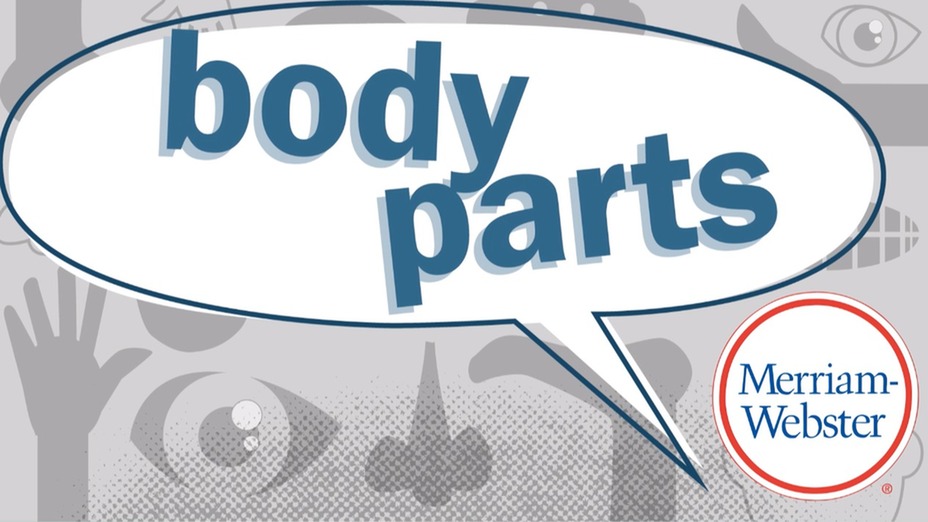metaphor
noun
met·a·phor
ˈme-tə-ˌfȯr 

also -fər
1
: a figure of speech in which a word or phrase literally denoting one kind of object or idea is used in place of another to suggest a likeness or analogy between them (as in swimming in paperwork)
I remember … my first experience of making a metaphor, and I … went inside and wrote it down: the cracked earth is a map.— Mary Ruefle
Mary Ruefle
 Mary Ruefle
Mary RuefleOne of my writing techniques has always been to employ metaphors to explain complex issues.— Thomas L. Friedman
Thomas L. Friedman
 Thomas L. Friedman
Thomas L. Friedman
broadly
: figurative language
Poetry can do a lot more than just show off a savvy use of metaphor or a clever new form. — Ashley M. Jones
Ashley M. Jones
 Ashley M. Jones
Ashley M. Jones Note: Do not confuse metaphor with simile. Metaphor makes a comparison by equating one thing with another (as in "life is a journey"), or by creating an identification or fusion between two things (as in "burning desire"), while simile states that something is similar to another thing. Similes often use like or as (as in "fresh as dawn" or "shining like a star") but do not require it, as Shakespeare's "Shall I compare thee to a summer's day?" demonstrates.
2
: an object, activity, or idea treated as a metaphor : symbol sense 2
The author uses flight as a metaphor for freedom.
metaphoric
ˌme-tə-ˈfȯr-ik 
adjective

-ˈfär-
or metaphorical
ˌme-tə-ˈfȯr-i-kəl 

-ˈfär-
Much of everyday language is metaphorical in origin, though the origins are often forgotten, or unknown.
— M. A. K. Halliday
M. A. K. Halliday
 M. A. K. Halliday
M. A. K. Halliday
Love words? Need even more definitions?
Merriam-Webster unabridged










